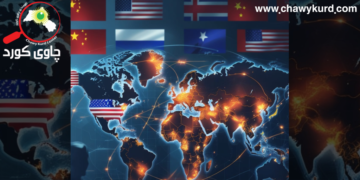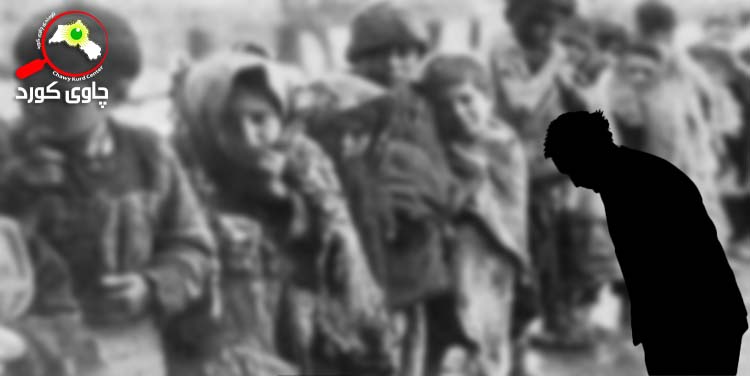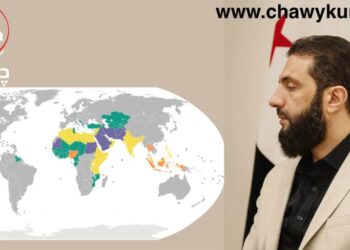Over the past half century; a number of countries have officially apologized to the families of the victims for the genocide they have become a reason of the causalities, and some have even tried to compensate them, but the Iraqi government has not yet apologized for the genocide of the Kurdish. A formal apology is a speech or letter addressed to the aggrieved party expressing regret and apology for the material and moral damage caused by a decision, policy, or action committed by the party making the apology. Within the framework of a sense of responsibility towards human society in general and the victims in particular, as well as to lessen the suffering of the victims and restore confidence in justice and equality in human society, an official apology should be publicly announced. In order to calm the anger and protest of the victim, as well as prevent tension between the perpetrator and the victim. It is therefore considered the beginning of steps to resolve historical conflicts in a friendly and civilized manner. Historically, the tradition of official apologies dates back to 1077, when the Roman Emperor Henry IV apologized to Pope Gregory VII due to the conflicts between the state and the church. The compensation was stand on foot in the snow for three days.
“The Japanese and apologies”
In recent history, Japan has the most prominent apologies to other countries, although during World War II, both Hiroshima and Nakazaki were hit by nuclear attacks by the US military, killing more than 200,000 people. After the end of World War II, the Japanese prime minister in a speech at the United Nations, for his country’s role in World War II, apologized to all countries affected, especially the United States, for the attack on US forces in Pearl Harbor. But the United States did not apologize for the use of atomic bombs on Hiroshima and Nagasaki. In 1981-1989, US President Ronald Reagan apologized to Japanese-Americans detained during World War II on charges of pro-Japan and paid $20,000 in compensation to each survivor.
“German apologies”
Germany occupied Namibia from 1884 to 1920 When the country’s inhabitants tried to achieve independence, Germany forcibly resisted them and killed tens of thousands of citizens during the years (1904-1908). In 2004, on the 100th anniversary of the massacre, German Aid and Development Minister Hedamaria Wachoch Zul visited Namibia and apologized to the Namibian people. In 2021, after five years of negotiations between the German government and the Namibian government, German Foreign Minister Heiko Maas said in a statement: “In light of Germany’s historical and moral responsibilities, we apologize to Namibia in general and the descendants of the victims in particular. Germany has also decided to provide $1.35 billion to the Namibian government for the reconstruction of the country.
“Pope Vatican’s apology”
During 1990-1994, the civil war between Tutsis and Hutus in Rwanda killed nearly one million people. In March 2017, the Rwandan president asked the Pope to officially apologize for the church’s mistakes during the 1994 genocide. “Once again I apologize to God for the sins and mistakes of the Church and those belonging to the Church, including priests, clergy and religious women who have surrendered to hatred and violence and betrayed their gospel message did.” In Canada, from 1890 to 1969, the Catholic Church ran the Kamloops Local Schools for Indians on behalf of the government, which included 139 schools. About 150,000 children were forcibly taken from their families and placed in schools where they were not allowed to speak their mother tongue in order to be separated from their cultural and family roots and integrated into Canadian society. Some of the children placed in these schools were physically and sexually abused; the Truth and Reconciliation Commission revealed that at least 3,200 children died as a result of abuse or neglect.
“Saddam Hussein’s crimes and amnesties”
The Iraqi army invaded and occupied Kuwait on August 2, 1990, on the orders of then-President Saddam Hussein. In May 1991, the UN Security Council established a compensation committee under Resolution 692, which imposed $52 billion on Iraq to pay compensation to the Kuwaiti people affected by the attack. The decision stated that 5 percent of Iraqi oil revenues would be allocated to compensate the Kuwaitis. On 13/1/2022, the Iraqi government announced the handover of the final amount of compensation to the committee. Saddam’s apology and compensation comes at a time when Iraq has not apologized to the Kurdish for all the crimes committed by the Ba’ath regime against the Kurds in 1963-2003, although in Article 132 of the Iraqi constitution adopted in 2005 It obliged the state to compensate the victims of the crimes of the Ba’ath regime. The Kurdistan Regional Government estimates the damage caused by the Ba’ath regime’s crimes during its forty years of rule at $380 billion. However, none of the Iraqi presidencies, although some of them are Kurdish-dominated, have offered an official apology to the Kurdish or compensated the victims.





























































